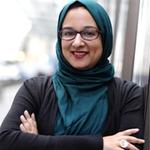Post-9/11 Experiences – A Special Series Exploring 20 Years Living Visibly as Muslim Women
Current Events
|
Sep 8, 2021
|
5 MIN READ
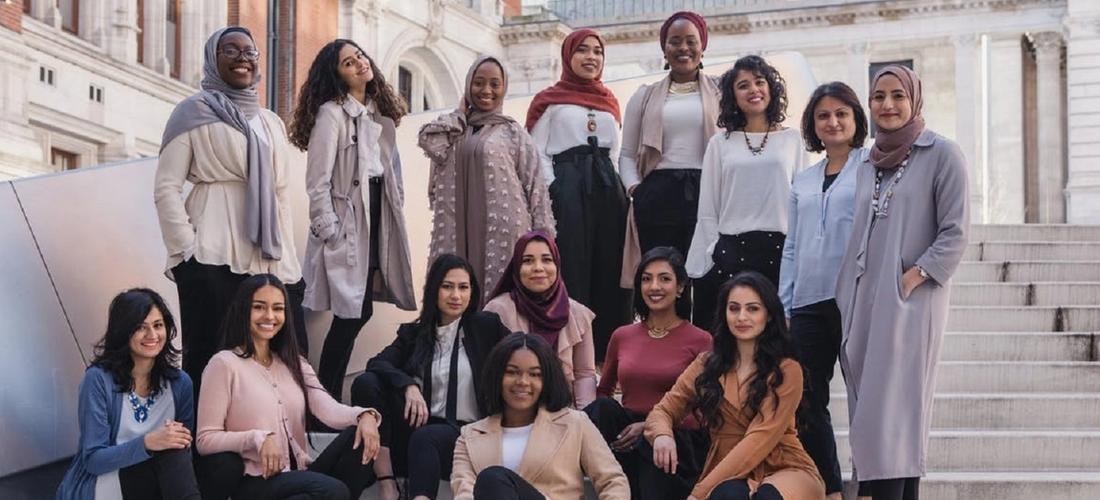
Image source: ‘Trailblazing Muslim Women’ photo series by London-based creative Zainab Khan and freelance photographer and videographer Maaria Lohiya.
This article is the first in a special series exploring our stories as visibly Muslim women in the last two post-9/11 decades.
About four-and-a-half years after 9/11, in my last year of living in New York City before moving to Virginia with my family, I had illegally parked my car on the street in front of my son’s autism school on 13th street towards downtown Manhattan so I could run inside, get him and then drive upstate with him to his speech therapy clinic.
I was barely four months into my life as a hijab-wearing Muslim woman, having impulsively made the decision to cover my hair after completing my Hajj in January of 2005. As I ran up the street towards my son’s school, a man walking down the sidewalk towards me yelled, “Hey b#tch! Take that thing off your head. You’re in America! You should look like her!” And he pointed to a woman walking across the street, with her hair flowing and wearing shorts and a tank top.
I wish I had had a pithy, biting come back. Comebacks have never been my forte. It was the first time I had been called out for my hijab. After a long, shocked pause, I turned around and yelled to his back, “I AM an American,” and then proceeded to dart into the school.
Like I said, I’m not very good with the comebacks.
This was one of many such personal experiences I had at the intersection of being Muslim and living in this country in these two post 9/11 decades, including well-meaning comments from friends and co-workers (that were kind of tone-deaf, but I understood the good hearts from which they came), things yelled at me from the street, too many (mostly pointless) social-media rabbit-hole discussions to count and more.
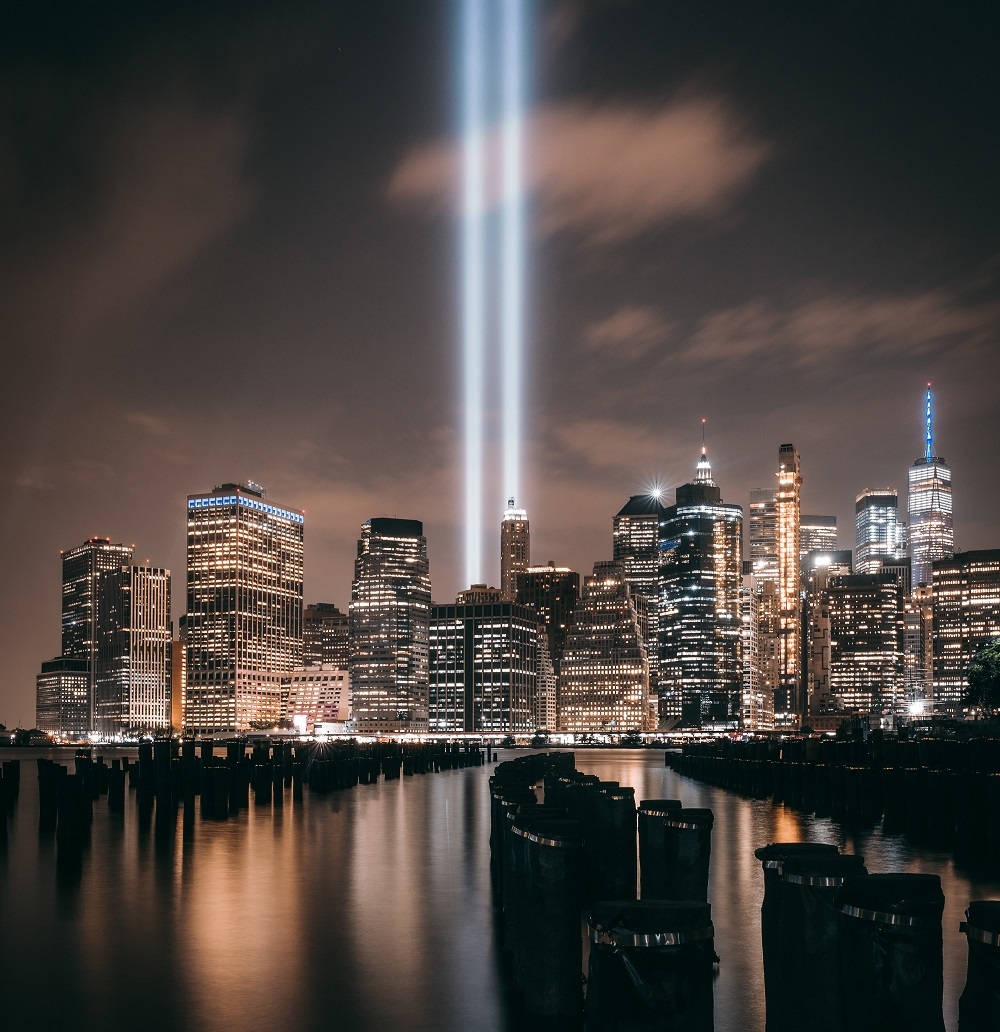
Image source: Lerone Pieters on Unsplash
The horrible and tragic events of 9/11 begat a lot of stories, experiences, wars, fear, hate, coming together, allyship, learning and trajectories that were covered, shared and discussed to death via television, podcasts, classes, lectures and the written word. As much as we may not want to talk about it anymore, it also thrust American Muslims into the public eye in a way that caused a lot of growing pains, divisions, strength and growth for our various Muslim communities, all of which I had the privilege of covering and documenting in various capacities in my two decades-plus time as an editor/journalist in this space.
For Muslims everywhere, especially those who are visibly Muslims through how we look or how we present ourselves, many (without asking for it) became a defacto face of “public Islam” whether or not we wanted to be – more so for those of us wearing hijab, a beard or any sort of deemed “Muslim dress,” but others as well. And with that came increased scrutiny, anti-Muslim hate, violence and attacks.
Our own lives as Muslims in this country has evolved, informed by further experiences unique to our belonging to immigrant or native communities, if we are Black, Brown, born-Muslim, converted to Islam, our gender and our cultural backgrounds not to mention our socio-economic differences. So many of us have moved through stages of fear and survival, of shutting up and fitting in to empowerment, pushing back and demanding inclusivity and accountability.
There’s been the owning of our own stories, the pushback against the boxes others wanted to put us in; the growth of our voice, our power, our strength, our living unapologetically between our multifaceted identities. We've learned that it's on us to push forth our stories, to work through our inter- and intra-cultural and religious issues, to acknowledge and tackle our own racial, political and social problems beyond how non-Muslims want to box and view us.
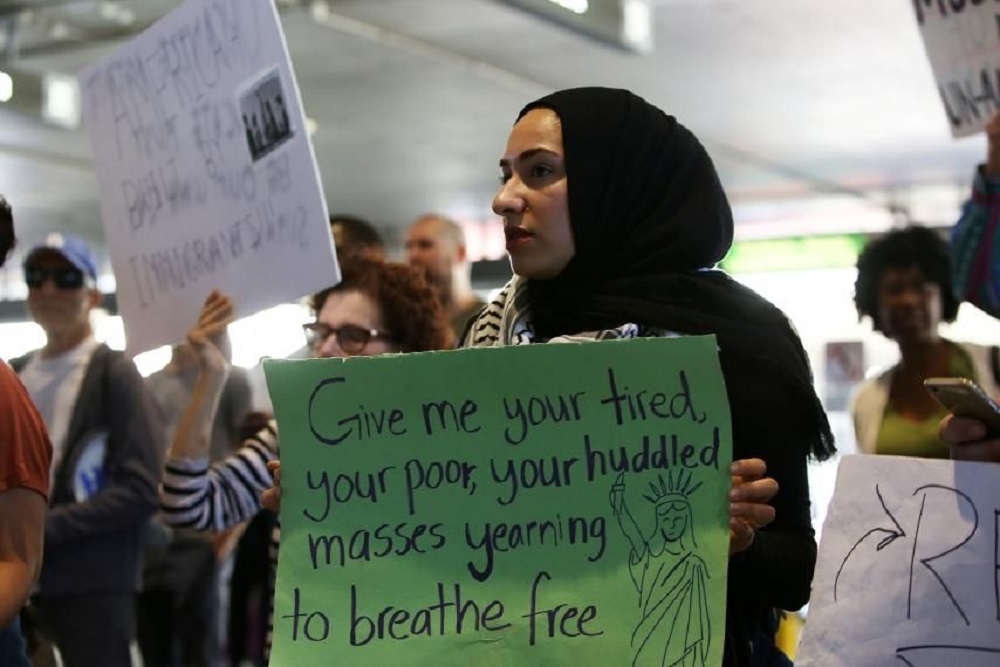
Image source: Twitter
As Sylvia Chan-Malik, an Associate Professor of American Studies and Women, Gender & Sexuality Studies at Rutgers University wrote on Twitter, “Notice how Muslims are (still) mostly only legible through the logics of surveillance and security. Or how they embrace or reject ‘American values.’ Or how they embrace or reject religiosity, & more specifically ‘traditional’ Islam. … My ultimate take: 20 years later, everything has changed, yet nothing at all. That’s the legacy of 9/11.” (Check out her whole tweet thread here.)
To her ultimate take – yes ... and no.
The American Muslim landscape is very different now than it was 20 years ago, but the fundamental struggles are still there. A few years ago I wrote an essay for The Atlantic about raising my kids to be unapologetically Muslim, which was a bit different from my upbringing as a first-generation born-and-raised Muslim American. Back then, my daughter (in her freshman year of high school; she is now in her first year of college) had gone to an informational meeting to try out for her school’s soccer team and decided not to, saying she felt very much an outsider.
This surprised me, as I thought we had come far from those “otherizing” feelings that had plagued me at turns when I was in school. I wrote:
“I tell [my kids] of their maternal grandparents, who struggled to find their footing in this country more than four decades ago and ultimately succeeded, and their paternal grandparents, who recently immigrated and became citizens of the United States, so we could all live together and help support each other and our eldest son, who has autism. My messaging to them is to promote self-confidence and self-worth in hopes of alleviating the feeling of being “otherized,” something I internally struggled with in my childhood. This is why my daughter’s experience at soccer tryouts took me aback. Because, I realized, there is still much more work to be done.”
That work continues on here through this blog, through the stories we share, the issues we cover, the ownership we take of what our communities are experiencing and have experienced. And so, in contemplating 20 years of post-9/11 living, I’m thinking of the most general of questions – how has that living been for Muslim women? And more so, how has that been for visibly Muslim women?
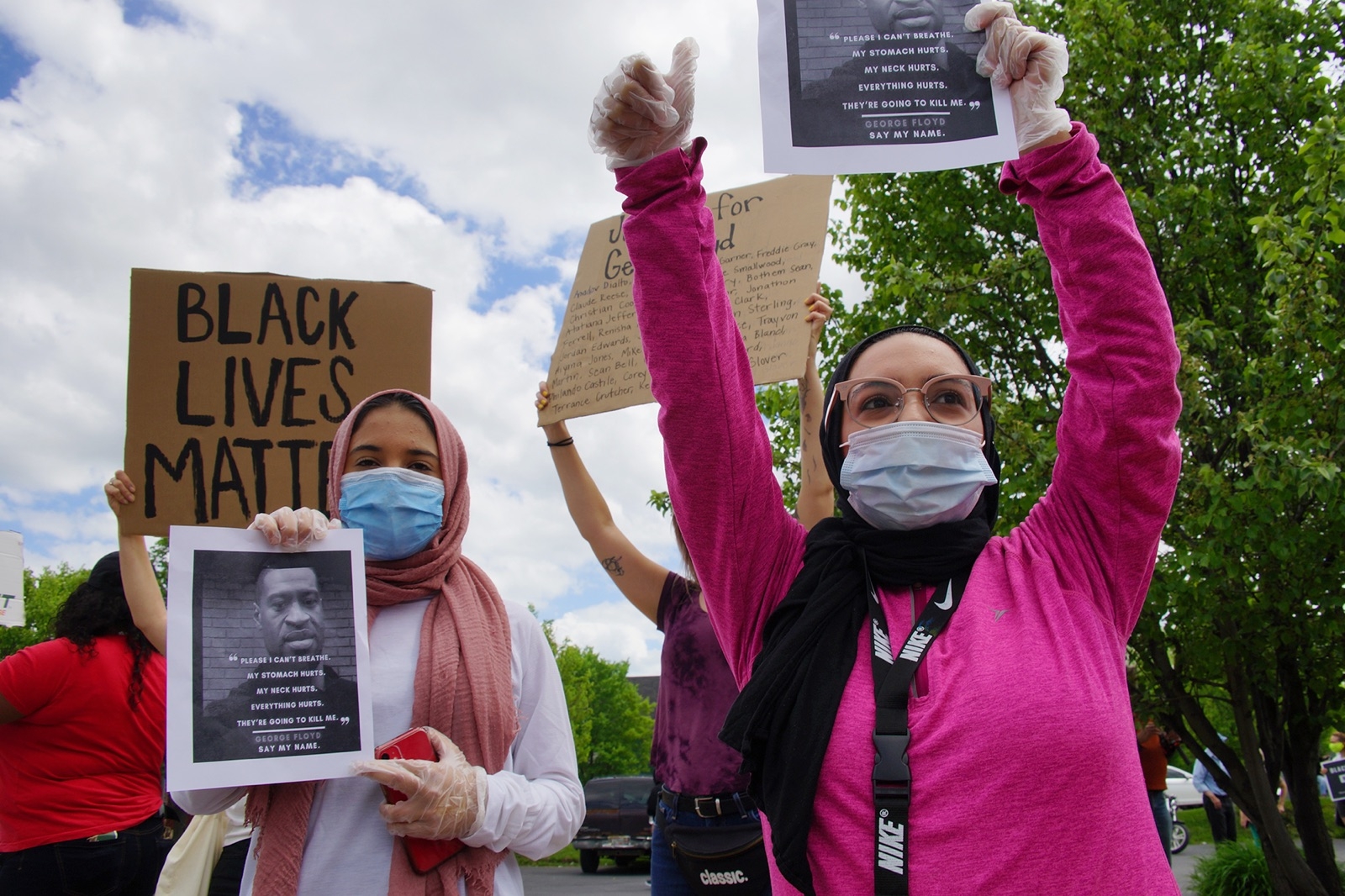
Image source: Twitter
Our work here at The Haute Take has been about exploring these questions for as long as this blog as been around (which is more than ten years). Our entire work in exploring issues and stories about and for Muslim women has existed in a post-9/11 landscape, whether we approached it through that context or not.
So now, in this special series produced to coincide with the 20th remembrance of 9/11, we’ll be exploring our experiences lived as visibly Muslim women through that particular lens, with stories written and shared by our own Haute Hijab writers and team members as well as your own stories. Through the sharing of the stories, Insha'Allah we can grow to understand each other more and better learn from each other.
We know American Muslims are not a monolith, and neither are our stories or experiences.
Come back here throughout the month to read and share the experiences of your fellow sisters in Islam, and please also share your own stories and thoughts in the comments below.
Subscribe to be the first to know about new product releases, styling ideas and more.
What products are you interested in?

